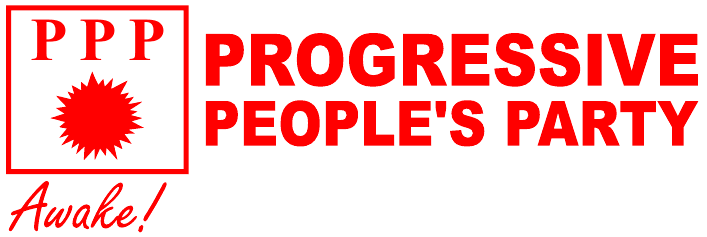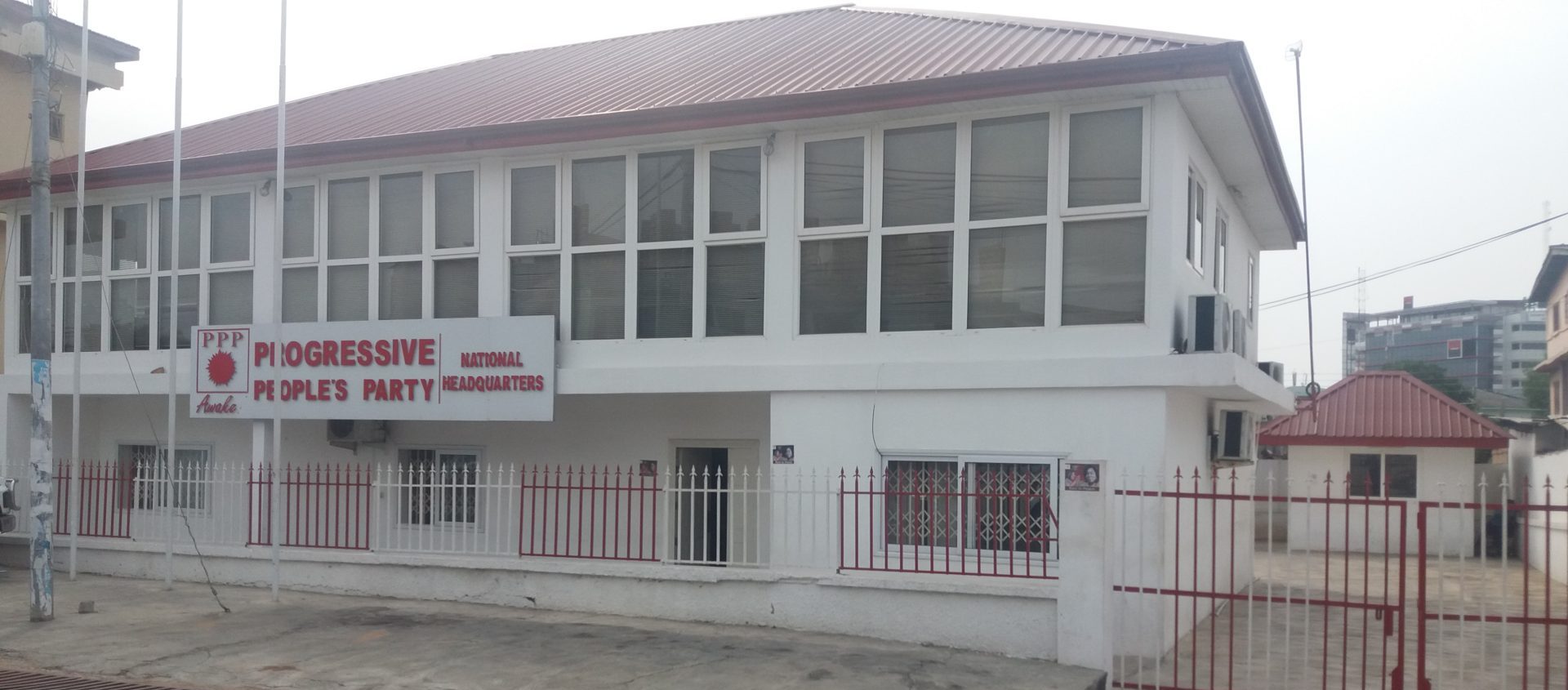Introduction:
For the first time in modern history, organised labour in Ghana and many nations of the world, would not be holding rallies and parades to celebrate work and workers’ rights on this May Day, as a result of the Coronavirus Disease 2019 (COVID-19) pandemic, that has compelled governments to place restrictions on large public gatherings all over the world.
Beyond the immediate effects of restrictions, compulsory wearing of face masks, social distancing, frequent washing of hands, application of alcohol based hand sanitisers among others, are the real medium to long term challenges of re-starting locked down economies and sustaining them to guarantee jobs and livelihoods in emerging economies like Ghana.
The challenges ahead call for a paradigm shift in how our economy is managed and how organised labour may rise up to the challenges of the times as a key stakeholder with their contribution of capable human capital. In other words, economic management and how labour is organised would never be the same post COVID-19.
To that end, the Progressive People’s Party (PPP), while congratulating the labour fronts in Ghana and Africa, deems it necessary to make the wake up call to “arms”; to kick-start our own delayed industrial and
economic revolution now, or remain left behind the rest of the world in the new world economic order, forever.
Ghana:
Ghana’s inability to feed and shelter a few thousands of vulnerable citizens beyond three weeks in Greater Accra and Kumasi, our two largest cities during the initial lock down in response to the COVID-19 pandemic, must serve as a reality check for the managers of our economy. Where is the impact of the social intervention policies that successive administrations claim credit for?
The horrific statistic that, of the estimated 13 million working population of Ghana, just about 1.5 million, approximately 11.5% have access to pension under the Social Security and National Insurance Trust (SSNIT), is a tragedy. What do successive administrations and current managers of our economy have to say to the estimated 11 million workers in the informal economy who do not have access to social security on a day like this?
President Akufo Addo and his economic management team must work-out the Big Hairy Audacious Goals (BHAG), galloping economic growth, post COVID-19 restart plan, with double digit growth targets attainable through innovation, technology and a truly enabling environment to bring the economy back home with the Ghanaian entrepreneur and worker at the centre of it.
So far, the presidential initiatives such as “Planting for Food and Jobs”, “One-District-One-Factory”, “Industrial Stimulus Package”, “Planting for Export and Rural Development”, which the President insists “…are all beginning to bear fruit, and should soon start reducing unemployment and provide opportunities for citizens to work, earn higher incomes and contribute to their pensions.”, remain a mirage.
To bring the economy back home, the PPP has advised, for use of the state’s purchasing power to trigger viable economic activities where there is little or none and scale up productivity in existing growth sectors to meet the employment needs of the country. Contrary to this tried and tested model of economic transformation, we have rather witnessed an unprecedented destruction of Ghana’s financial services sector under the guise of cleaning it up.
On this workers’ day, our hearts go out in solidarity to the tens of thousands who have lost their jobs, livelihoods and ability to care for their dependents as a result of the ill-motivated collapse of the banking and financial services sector of our economy.
And to the owners of those indigenous enterprises in the sector who provided jobs to our fellow Ghanaians, we say “keep the faith, no condition is permanent”, restoration is on the way. The Ghanaian banking sector must find its way back home to their Ghanaian owners.
Africa:
For our continent, this is the time for governments, investors, employers and workers to purposefully work with a sense of urgency towards attainment of the “Africa We Want” and “Agenda 2063”, through the African Continental Free Trade Area (AfCFTA) flagship project, headquartered in Accra, Ghana.
The labour movements in Ghana and Africa are at a crucial turning point. Post COVID-19, the global manufacturing capital, China, would never be the same. Western manufacturing concerns are relocating from China, “…taking their economies back home”, Japan and the United States are leading the pack very fast. Smart and ready emerging economies such as India, Vietnam, Thailand, Malaysia and Indonesia; the so called mighty
five, have angled to benefit from the massive re-locations. How much of that can Ghana and Africa claim?
We have most of the raw materials, a combined population of 1.2 billion, projected to overtake China’s in less than two decades. We have envisioned the Africa we want in the Agenda 2063. We must train and retrain our labour force to world class standards at competitive rates.
With the right leadership, political will, and progressive schemes such as Automation Support Packages and Productivity Solutions Grants for industries under Public Private Partnership (PPP), we should be on course to attaining the Ghana and Africa we want. We therefore challenge the African labour movement in its entirety to take up the responsibility and be at the heart of the execution of the Africa we want vision.
The PPP wishes Ghana and Africa a very Happy May Day!
William Dorworkpor
1st Vice Chairman
###

